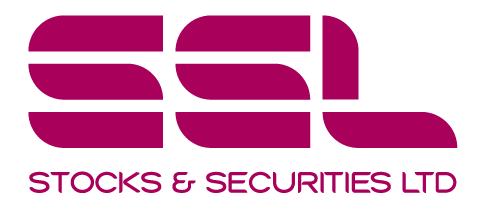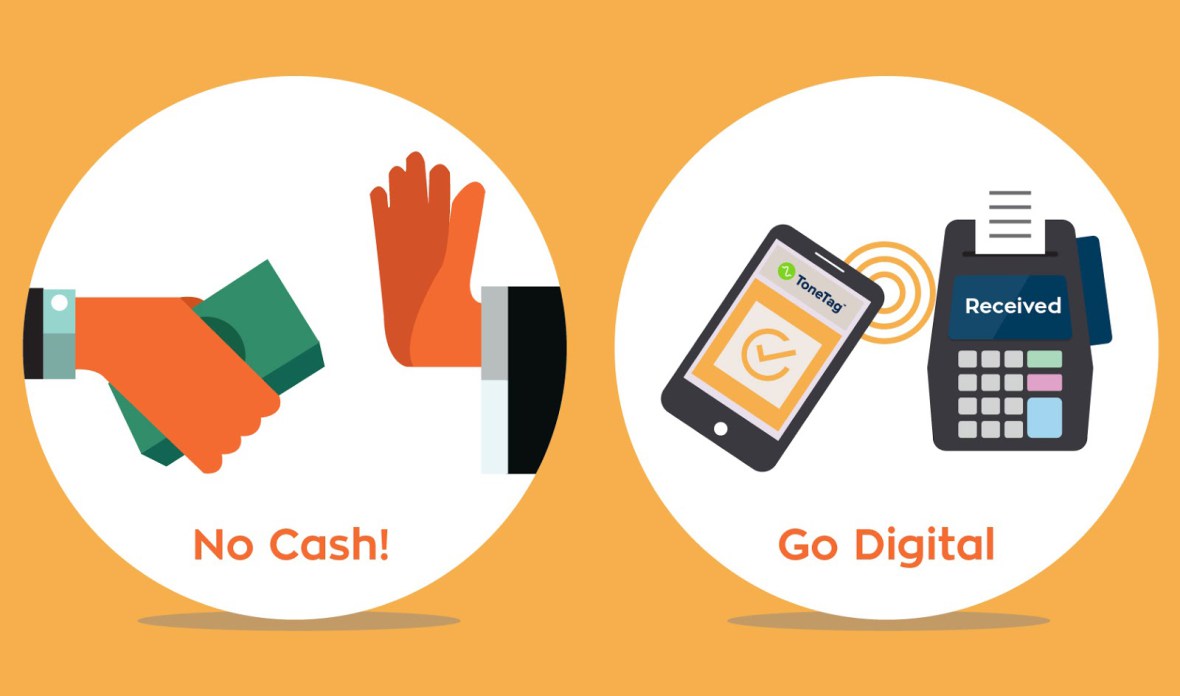Money is a medium of exchange or any generally accepted form of payment for goods, services and debt.
The earliest representation of money was portrayed in the barter system. Merchants exchanged goods for other goods whenever there was a double coincidence of wants. Obviously, this posed a huge problem as items were being used as payments for goods or services below its value. People began to use gold as payment, which proved inefficient as the value of gold wasn’t easily divisible and was difficult to carry around. With the emergence of the financial system, markets adopted paper notes which carried intrinsic value, representing wealth in the form of gold. This solved the problem of carrying the commodity around but did not do justice for the lack of divisibility.
The use of banknotes issued by private commercial banks as legal tender, has gradually been replaced by the issuance of bank notes authorized and controlled by national governments. The Bank of England was granted sole rights to issue banknotes in England after 1694. In the United States, the Federal Reserve Bank was granted similar rights after its establishment in 1913. This is what most markets have come to know and use as money.
What the advancement of technology has done is given societies a new tender, in the form of credit cards, debit cards and cryptocurrency. Many don’t trust the concept of cryptocurrency as it has proven to be highly volatile. While several digital currency systems were proposed since the 1980’s, the first successful decentralized peer-to-peer cryptocurrency, bitcoin, was proposed in 2008 by an unknown author or authors under the pseudonym of Satoshi Nakamoto. The protocol proposed by Nakamoto solved what is known as the double-spending problem without the need of a trusted third-party. Since bitcoin’s inception, thousands of other cryptocurrencies have been introduced.
Money has evolved to the point where Sweden is close to becoming a cashless society. They mostly use cards or digital currency for payment methods. It is important to note the contrast of this phenomenon when only 14 percent of Jamaicans have access to credit cards.
Will our country find the momentum to push towards being a society like Sweden? Or will we stick to the evil we know?
There are still many business places across the island who refuse to accept cards because they want to avoid the bank charges associated with it. However, the convenience of cashless payment methods far outweighs pulling money from an ATM. Jamaicans must acknowledge the benefits of these new forms of money, in order to upgrade our financial status.
If you liked this article and want to read other great stories, try our Archives. Also if you are new to investing you can try our Investment Basics Blog.
If you want to start investing with SSL but don’t have the time to monitor the market or to conduct the trades yourself then you can choose one of SSL’s managed Financial Planning products. We offer a variety of products for every type of investor and if you are interested in managing online trades yourself and having complete control over your investment portfolio then you can try SSL’s Brokerage account.
Follow us on Facebook, LinkedIn and Twitter please leave us a review.


